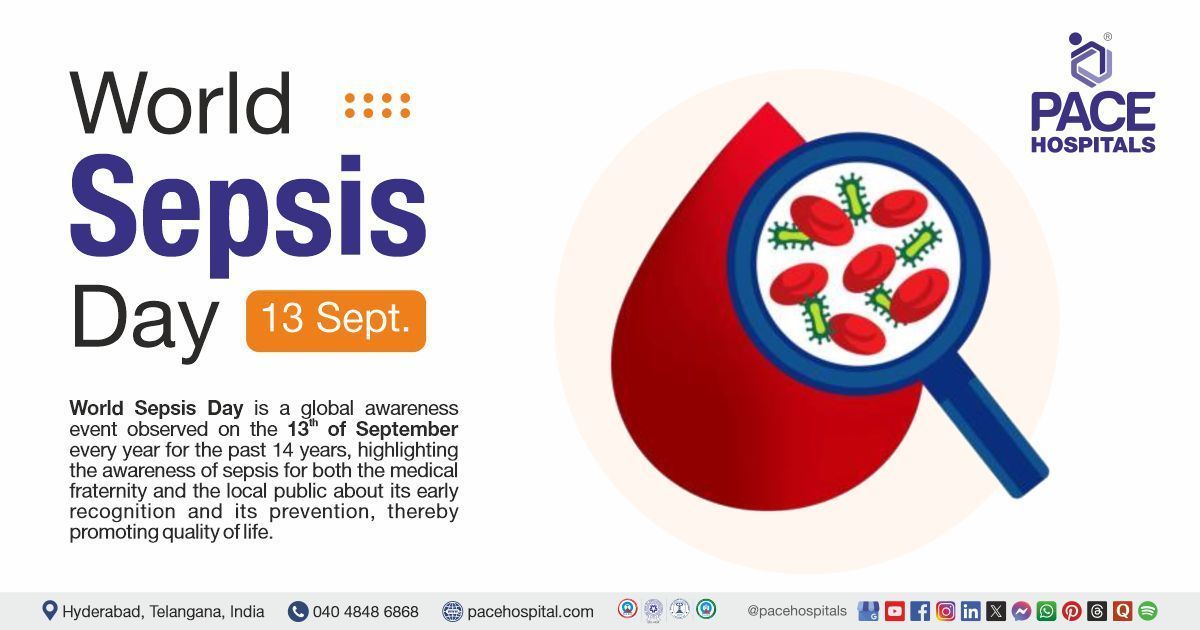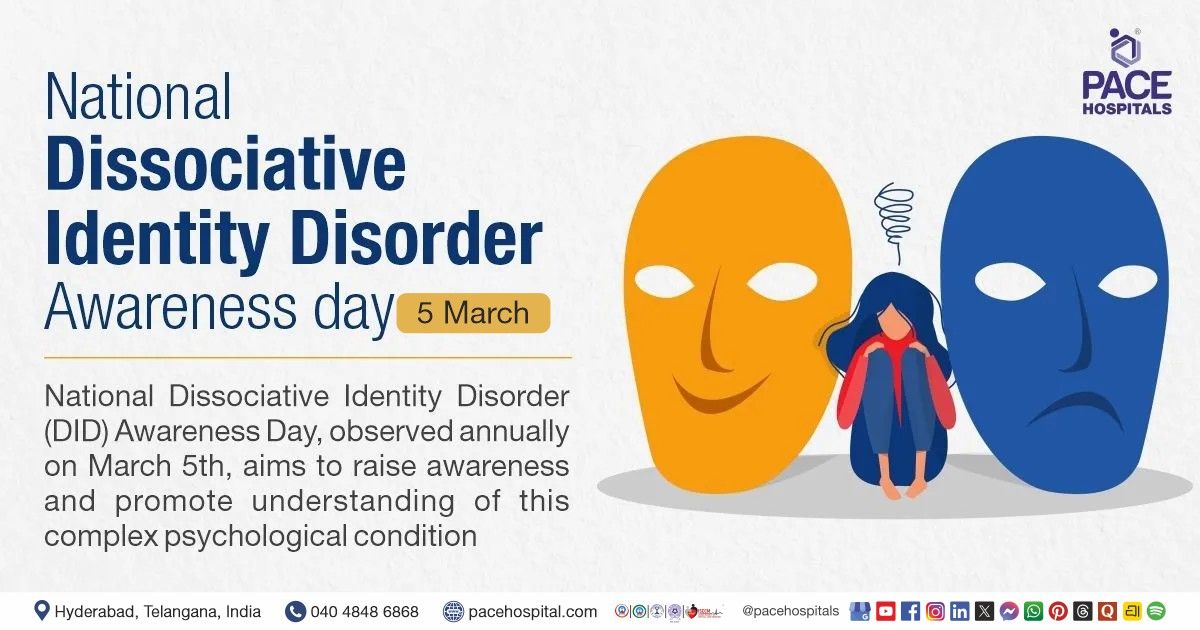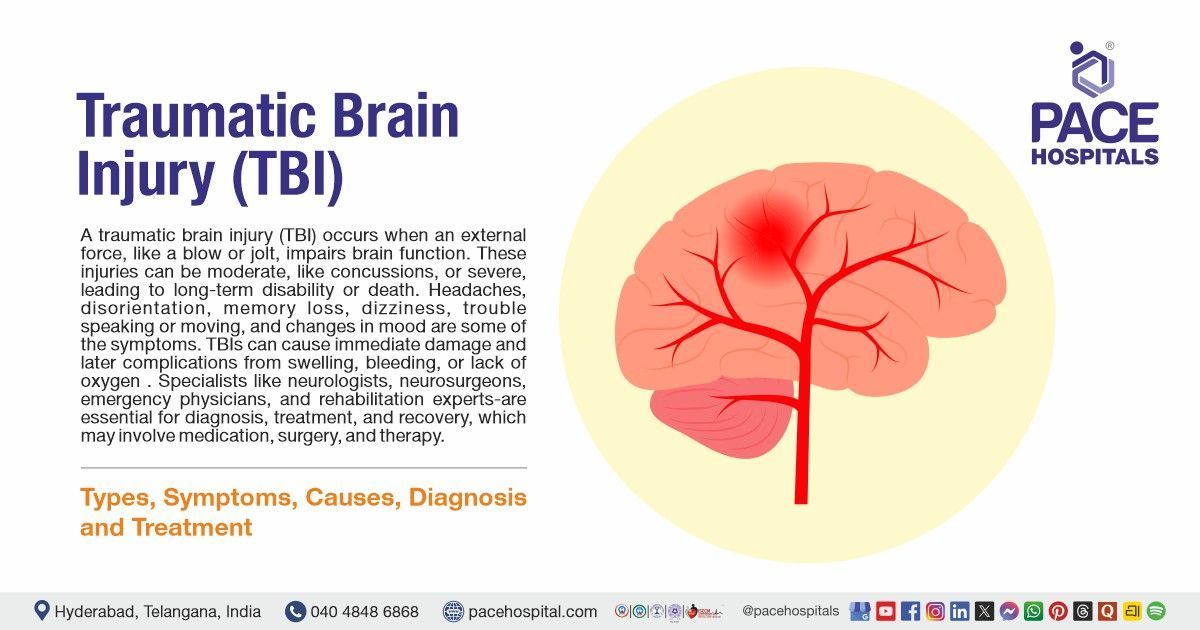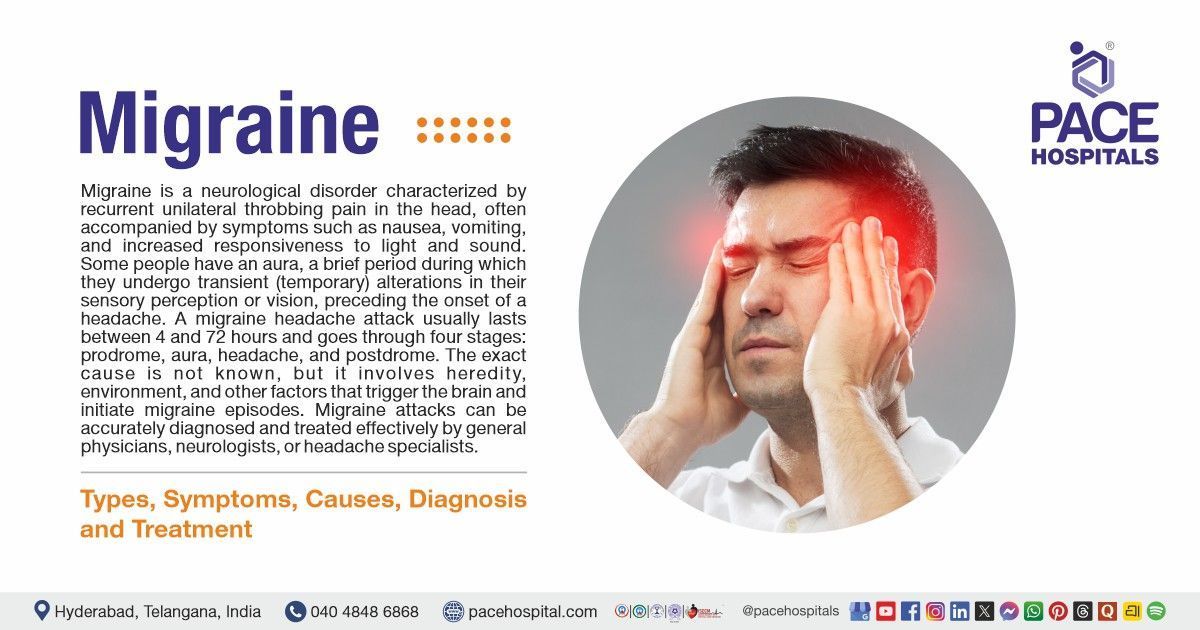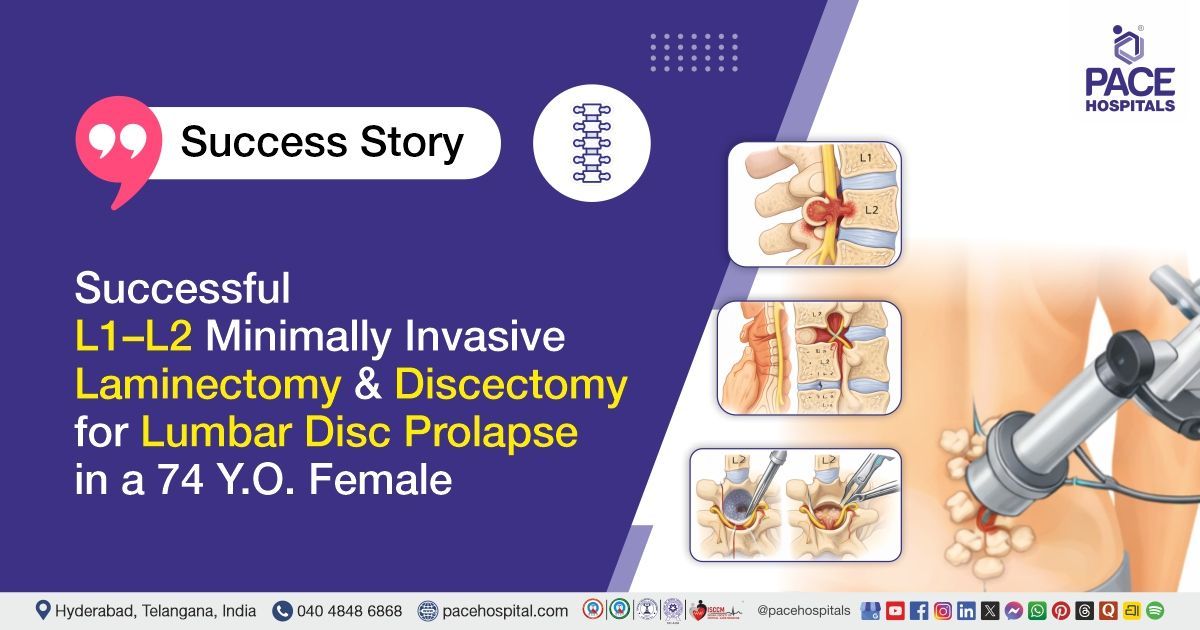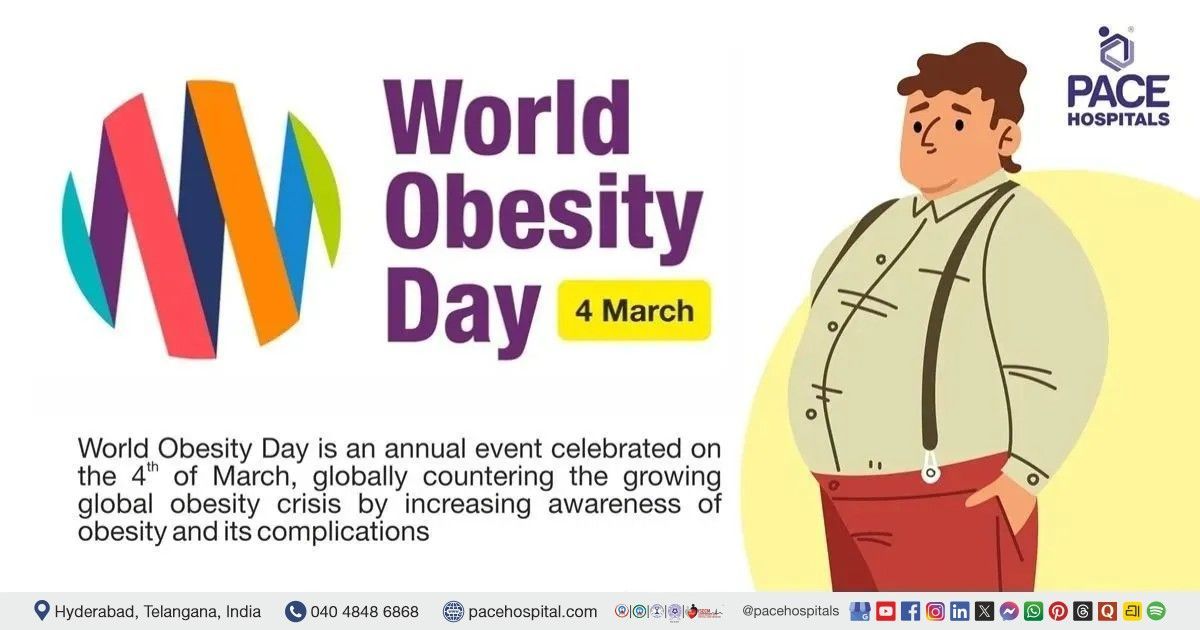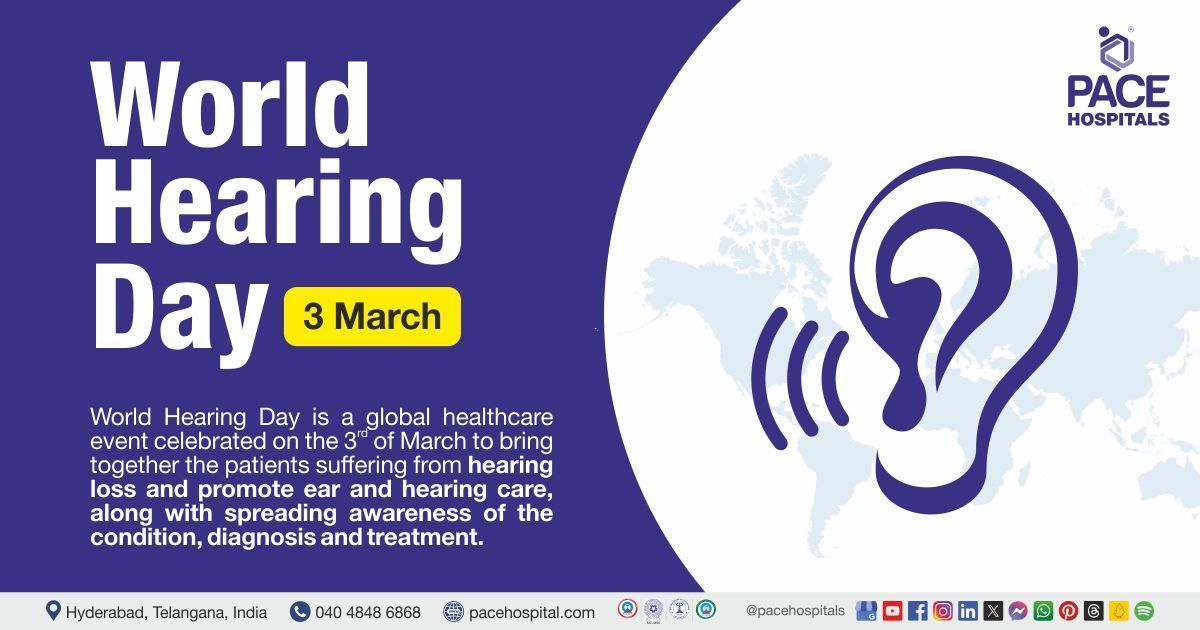World Sepsis Day, 13 Sept 2025 - Importance, Risk Population & Prevention
PACE Hospitals
World Sepsis Day is a global awareness event observed on the 13th of September every year for the past 14 years, highlighting the awareness of sepsis for both the medical fraternity and the local public about its early recognition and its prevention, thereby promoting quality of life.
On this day, various local, national, and international organisations join and conduct several awareness campaigns (for local public) and continuous medical education (for medical fraternity) with the aim of promoting early diagnosis, effective management, and preventive measures.
History of World Sepsis Day (WSD)
World Sepsis Day was established on the 13th of September 2012 by the Global Sepsis Alliance with the core aim of raising awareness of sepsis. Since then, every year, on the 13th of September, World Sepsis Day is observed globally with an aim to increase awareness about sepsis.
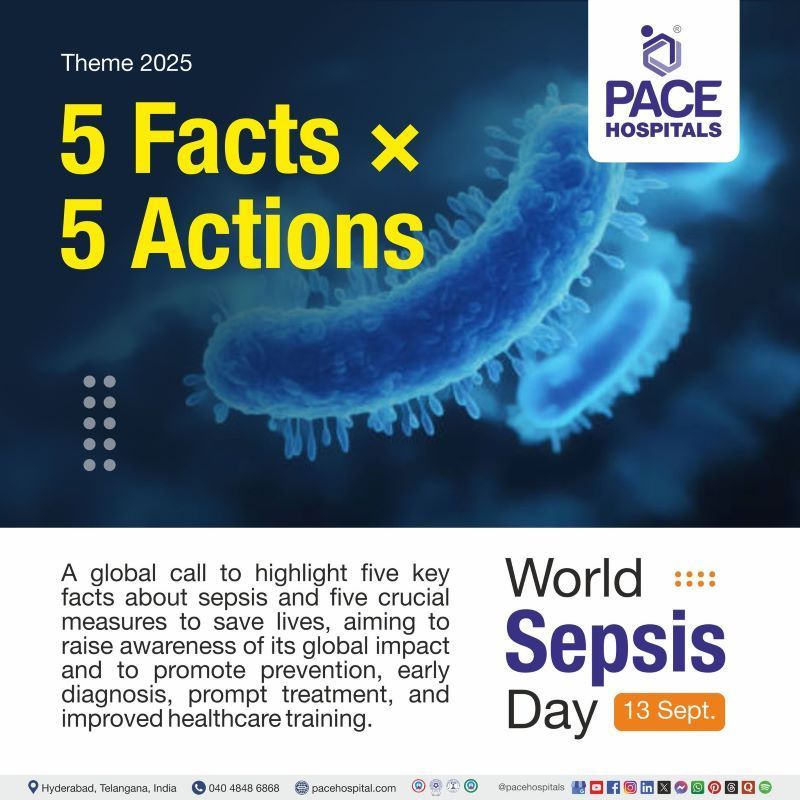
World Sepsis Day Theme 2025
This year, 2025, the World Sepsis Day theme is “5 Facts × 5 Actions”. This theme highlights five essential truths about sepsis and five urgent actions that can save many lives globally. It aims to raise awareness about the serious impact of sepsis, which causes 1 in 5 deaths worldwide, and to encourage governments, healthcare systems, media, and communities to improve sepsis prevention, timely diagnosis, early treatment, and healthcare provider training.
Importance of World Sepsis Day (WSD)
Sepsis results when a bacterial, viral, fungal, or parasitic infection causes a dysregulated host immune response that culminates in organ damage. Sepsis induced by healthcare associated infections is one of the most frequent adverse outcomes that occur during care delivery, affecting several patients annually worldwide. As per the researcher's estimation, in 2017, sepsis impacted at least 4.89 crore globally, with 110 lakh deaths that accounted for 20% of global deaths.
As per a 2020 research report, sepsis affected 5 crores, among which 40% are children under the age of 5 years, and the burden is mostly observed in low- and middle-income countries. Despite having access to effective vaccination, preventive treatment, and availability of high-level health care, the sepsis mortality rate is higher in high-income countries.
Sepsis is a condition that people outside the medical fraternity are poorly aware of about the disease and its severity. As per a 2012 research report, approximately 90% of the local public has never known about sepsis disease. Fewer than 60% are aware that sepsis is a major cause of death among the known public. However, lives can be saved if the condition is detected early and managed appropriately.
Therefore, World Sepsis Day plays a vital role in reducing sepsis mortality rates by promoting awareness about the emphasis on early detection and prevention of sepsis.
Who is at Risk of Sepsis?
Sepsis can develop in a patient who has an infection, a severe injury, or a severe non-communicable condition; however, vulnerable populations are more susceptible, such as:
- Aged persons
- Newly born or neonate
- Hospitalised patients
- Pregnant women
- Patients with weak immune system
- Presence of chronic medical conditions
- Patients admitted to intensive care unit (ICU)
Prevention of Sepsis
Sepsis can be prevented by detecting and treating infections early and by practising good hygiene practices at home and in healthcare settings. Avoiding infections can aid in reducing the risk of sepsis. The following are the measures that help in preventing infections, such as
- Practicing good personal hygiene
- Avoiding drinking unhygienic water and using dirty washrooms
- Eating healthy diet
- Taking timely vaccinations as recommended by health officials.
- Breastfeeding for newborns
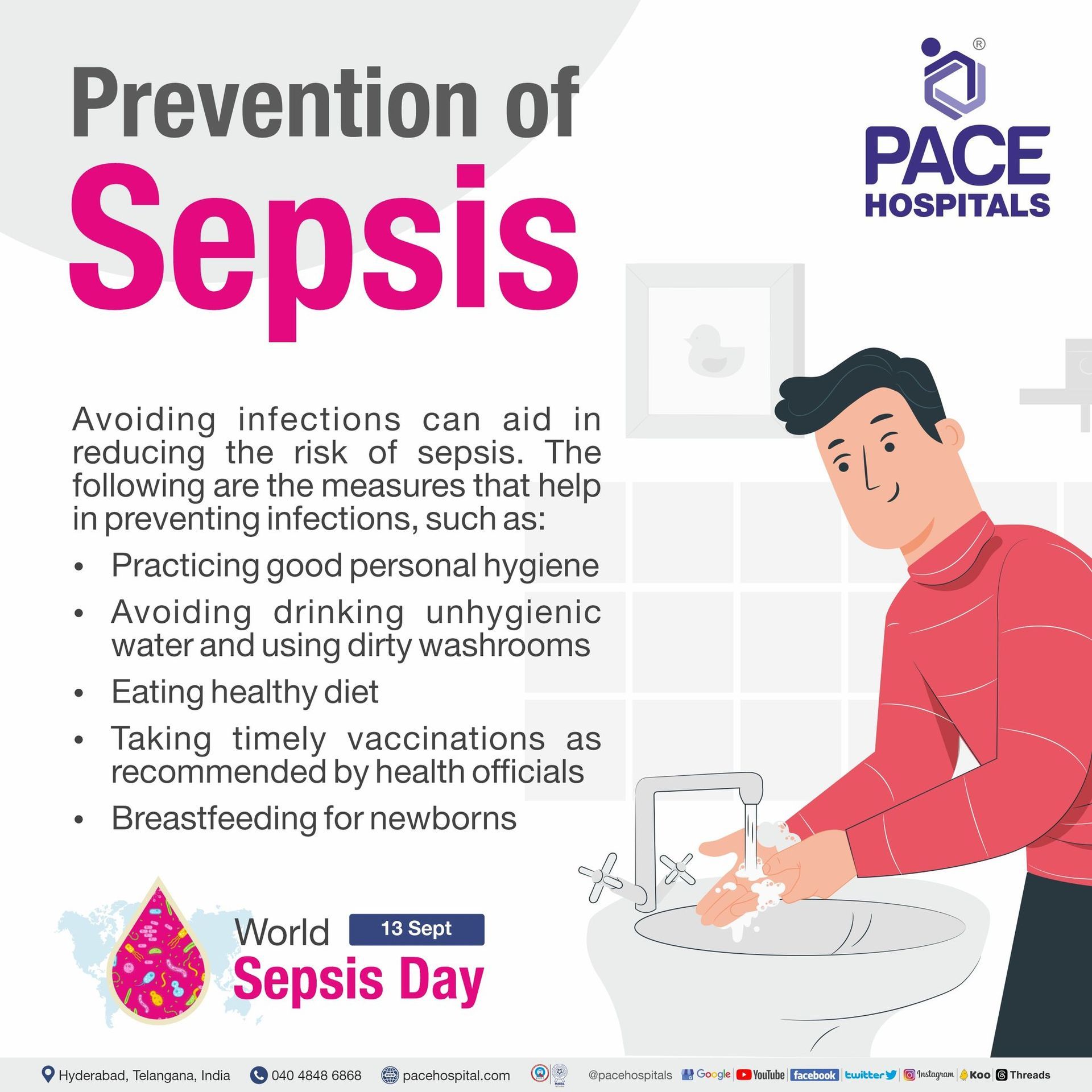
WHO Response to Fight Against Sepsis
In May 2017, the 17th World Health Assembly issued Resolution WHA70.7 on improving sepsis prevention, detection, and clinical management in response to this significant global health threat. The key components of the resolution are:
- Development of WHO guidance on sepsis prevention and management
- Enhancement of treating, preventing, and controlling sepsis infection that includes vaccinations by collaborating with international organisations, global partners, UN organisations and stakeholders.
- Acclimatising the public about the ill-effects of sepsis and estimate the global burden of the same.
- Taking measures to establish standards, strategies, laboratory capacity, infrastructure and essential tools for diagnosing and reducing sepsis death rate by supporting member states.
Share on
Request an appointment
Fill in the appointment form or call us instantly to book a confirmed appointment with our super specialist at 04048486868

